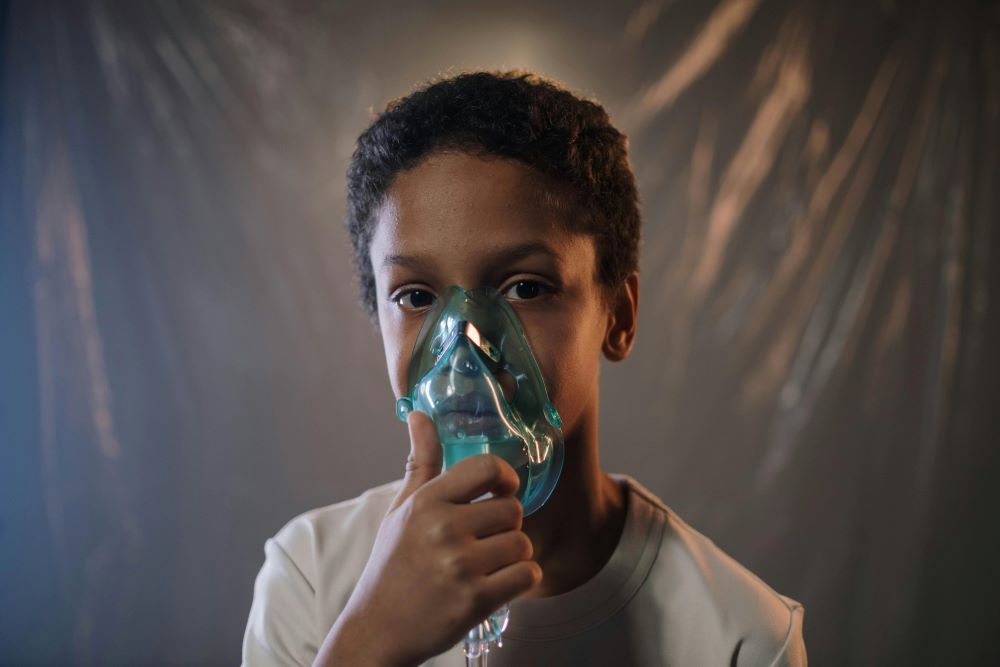Many studies have focused on determinants for asthma ER visits, but few have zeroed in on the racial disparities that exist.
A new report from the American Thoracic Society (ATS), published in the Annals of the American Thoracic Society, emphasizes the importance of understanding how racism continues to play a significant role in shaping health disparities in childhood asthma, particularly affecting Black and Latino children. Researchers found these children are more likely than their white peers to be hospitalized for asthma-related complications.
Asthma is a chronic respiratory condition that affects the airways in the lungs, causing them to become inflamed, swollen, and narrowed. This results in difficulty breathing, wheezing, coughing, and shortness of breath. Asthma “attacks” can range from mild to severe and they’re often triggered by various factors such as allergens, pollution, respiratory infections, exercise, or stress.
Asthma is a leading chronic disease affecting children, specifically. According to the Centers for Disease Control and Prevention (CDC), about 5.5 million children in the United States alone are living with the condition, and it is major reason for children to be hospitalized or absent from school.
The report’s lead author, Stephanie Lovinsky-Desir, MD, worked with a diverse team of professionals, including clinicians, social scientists, and community health workers. Their goal was to identify key areas where more targeted research could help alleviate the burden of asthma on marginalized communities. While other studies have taken a look at other factors such as poor housing conditions, neighborhood violence, lack of access to healthcare, and air quality as major contributors to childhood asthma, fewer studies have examined how these issues are shaped by racism and racialized systems.

A key takeaway from the report is the need to engage with the communities most affected by these disparities. This approach not only ensures that research is grounded in the lived experiences of those dealing with asthma but also helps in identifying practical solutions that can be implemented at the local level. Lovinsky-Desir and her team emphasize the importance of community involvement as a critical component in any research efforts aimed at tackling systemic racism.
The report also stresses the need to take a closer look at how research funding may perpetuate racial disparities in research. By promoting anti-racism practices in both the design and distribution of research, the working group hopes to influence the way future studies are conducted and how their results are applied to real-world healthcare practices.
The authors wrote in their paper, “To address the impacts of systemic racism and childhood asthma, there needs to be increased training for research teams, funding for studies addressing research that evaluates the impacts of racism, funding for diverse and multidisciplinary research teams including community members, and institutional and financial support of advocating for policy changes based on study findings.”
The work presented in this report represents a significant step toward addressing a long-standing issue in pediatric healthcare. By focusing on systemic racism as a driving factor behind children being hospitalized with asthma, the ATS hopes to spur further research that leads to real, measurable improvements in care for Black and Latino children. The ultimate goal is to advance equity in global respiratory health by providing all children with the opportunity to breathe easier, regardless of their race or ethnicity.
Sources:
New report highlights racism’s role in childhood asthma disparities
Children’s Environmental Health Disparities: Black and African American Children and Asthma


Join the conversation!